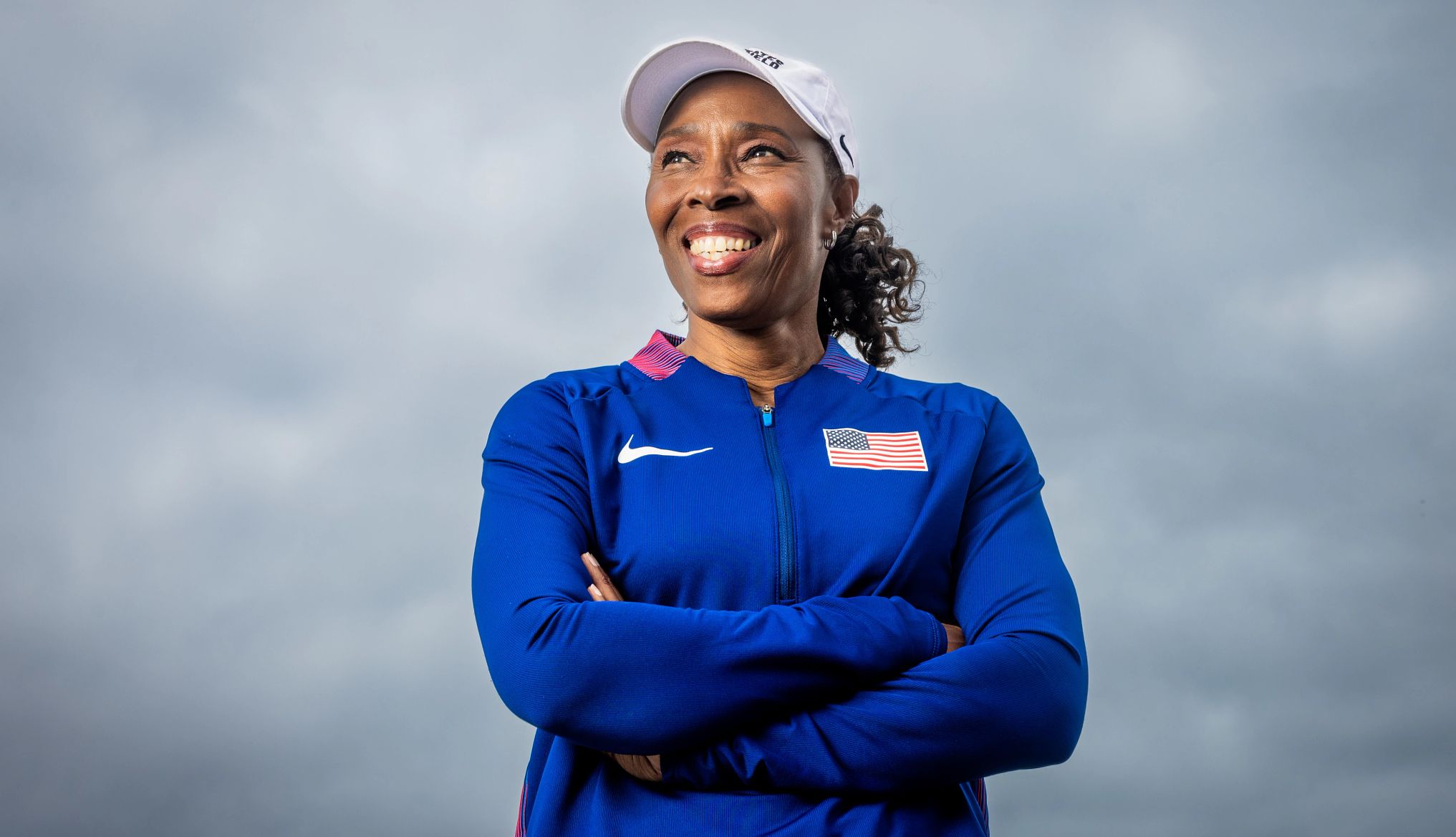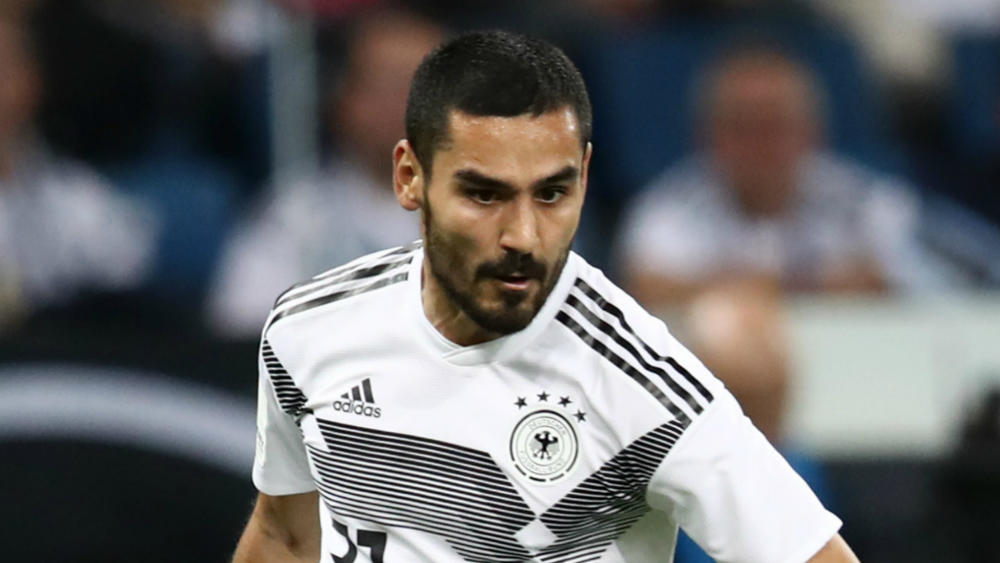
- Select a language for the TTS:
- UK English Female
- UK English Male
- US English Female
- US English Male
- Australian Female
- Australian Male
- Language selected: (auto detect) - EN
Play all audios:
HIS COACHING PHILOSOPHY: I love the relationships that coaching builds. I’m a pretty outgoing person, so it all fit in naturally for me. The first thing as a coach is to find that kind of
unique, intrinsically motivated person who says, “This is my thing, and I’m going to give it my all. I’m going to go through the grind and do this.” That’s the first thing I look for. Home
support is a big deal. Even these Olympic-level athletes, although they are paid a monthly stipend, a lot of times they live at home, train in a garage or a CrossFit gym. You have to have a
social support network. And find your joy. I try to make practices for my athletes fun by doing different challenges. For anybody, if you want to be good at something, you have to find joy
in that process, whatever makes you tick and makes you want to keep putting in the time. Anthony Nesty, seen here earlier this year at a swim meet at the James E. Martin Aquatic Center in
Auburn, Ala., coaches at the University of Florida. Bryce Mitchell/UAA Communications COACH: ANTHONY NESTY, 56, MEN'S SWIMMING BACKGROUND: Olympic gold medal winner in 1988 for
Suriname, bronze medalist in 1992; coach at the University of Florida HIS JOURNEY: My dad wanted me to do an individual sport. He thought of the discipline aspect. Individual sports are all
about you and how much work you’re willing to put in to get the results. You have no one to blame if things don’t go right but yourself. When I graduated college, my dad said, “Son, you’re
on your own.” All I knew was swimming. I started coaching five days a week at my high school. I really started enjoying it, seeing the joy on the kids’ faces when they make improvements.
Now, I’m starting my 27th season as a coach at Florida. HIS COACHING PHILOSOPHY: Coaches have to bring the juice, or it’s going to be a long two-hour training. Kids look up to you, and if
you bring the energy on a day-to-day basis, they are going to bring energy too. There is a lot of competition in practice. I deal with 60 to 70 athletes; I know not everyone is going to get
along, but they must respect each other. Practices are challenging, but when the athletes respect one another, it makes a big difference. Everybody sees the good our athletes are capable of
because they see them at their best. But it’s a roller coaster getting there. Such is life. But as coaches, the athletes make us look better than we actually are.






:max_bytes(150000):strip_icc():focal(319x0:321x2)/people_social_image-60e0c8af9eb14624a5b55f2c29dbe25b.png)


